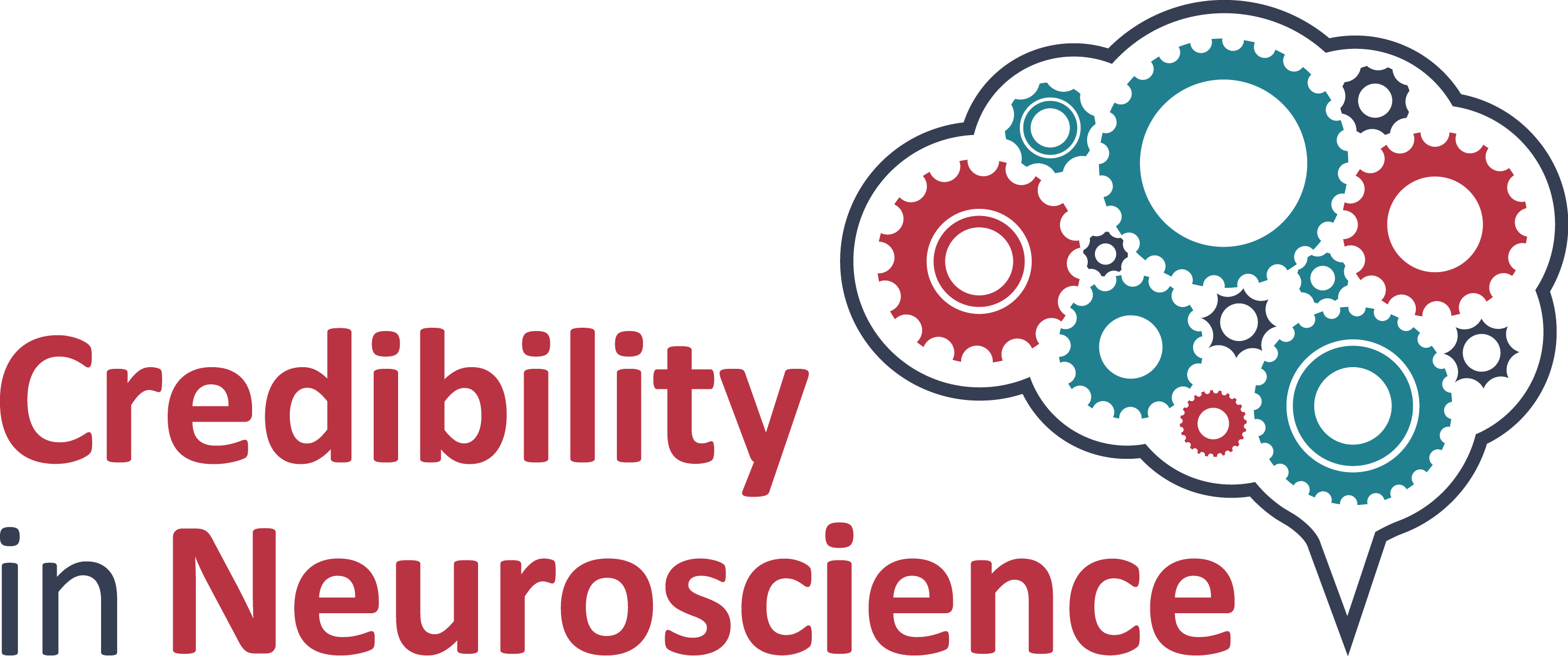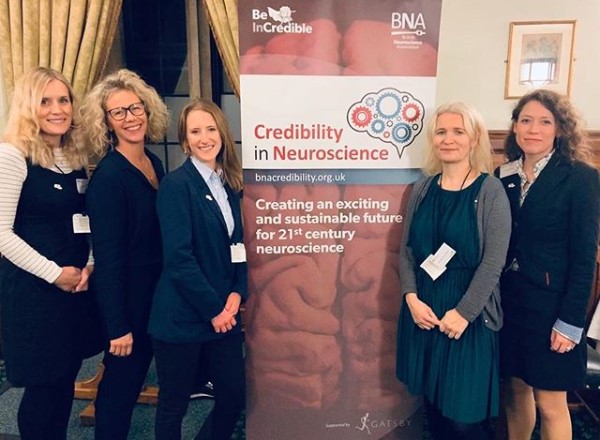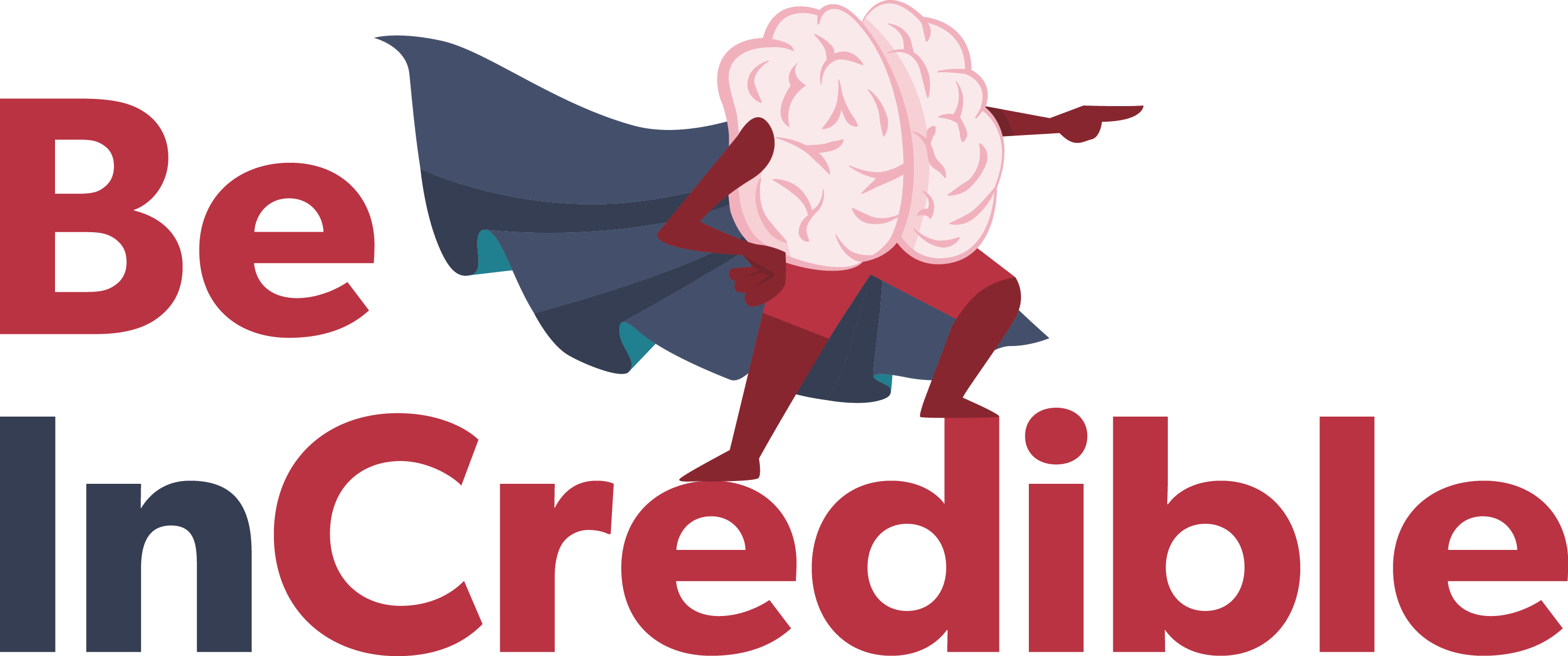BNA Annual General Meeting 2025
1st April 2025
10th Dec 2019

As a member of the BNA, it would be quite difficult to have missed all the exciting developments which have been happening recently as part of our ‘Credibility in Neuroscience’ programme. However, the reasons behind all of the work that is going on and the part the BNA plays in this may be unclear, and so this is something we're keen to address below.
Across the life sciences, there are genuine concerns about the reproducibility, replicability and reliability of published research studies.
Uta Frith, keynote speaker at our BNA2019 Festival of Neuroscience explains, ‘Reproducibility relies on information being available for anyone to repeat an experiment. Replicability means that, when the experiment is repeated in a different context by a second person, the same (or consistent) results are obtained. And reliability relates primarily to the trustworthiness of experimental tools. These are the bedrock of science. They are the things that allow us to trust a finding.’
Modern science incentivises the publication of as many papers as possible, in journals which are considered to be highly influential in their fields – so called ‘high impact’ journals. This is part of what has been called the ‘publish or perish’ culture, describing the pressure scientists face to publish academic work to succeed in an academic career.
Inevitably this creates a temptation to rush, to cut corners, and to articulate impactful stories that may, to at least some degree, distort the true nature of findings. Although rare, the scientific community also needs to be vigilant to instances of outright fraud.
As Uta Frith points out, science can only progress when we have trust in scientific findings. A commitment to scientific rigour is essential to the maintenance of a scientific reputation. In addition, if research is non-replicable, scientific progress is stalled, research cannot be translated into clinical applications, time and money are wasted and capable and talented early career researchers can become disillusioned and leave the field.
As a professional association representing the UK neuroscience community, we are acutely aware that we need to do our bit to move towards more trustworthy science.
Earlier this year, we were delighted to announce that the Gatsby Charitable Foundation has awarded the BNA £450,000 funding to help us develop a significant programme of activities, promoting and supporting credibility in neuroscience research over the next ten years.
To take this programme of work forward, we have put together a Credibility Advisory Board. To read about members of the board, as well as the initial steps we took on our ‘Credibility in Neuroscience’ programme, please click here.

The Credibility in Neuroscience programme is one of the most important pieces of work in which the BNA is currently engaged.
 We’ll provide more details on planned activities in future issues of the Bulletin. And of course, we always warmly welcome your input (contact Georgina at georgina.hazell@bna.org.uk).
We’ll provide more details on planned activities in future issues of the Bulletin. And of course, we always warmly welcome your input (contact Georgina at georgina.hazell@bna.org.uk).